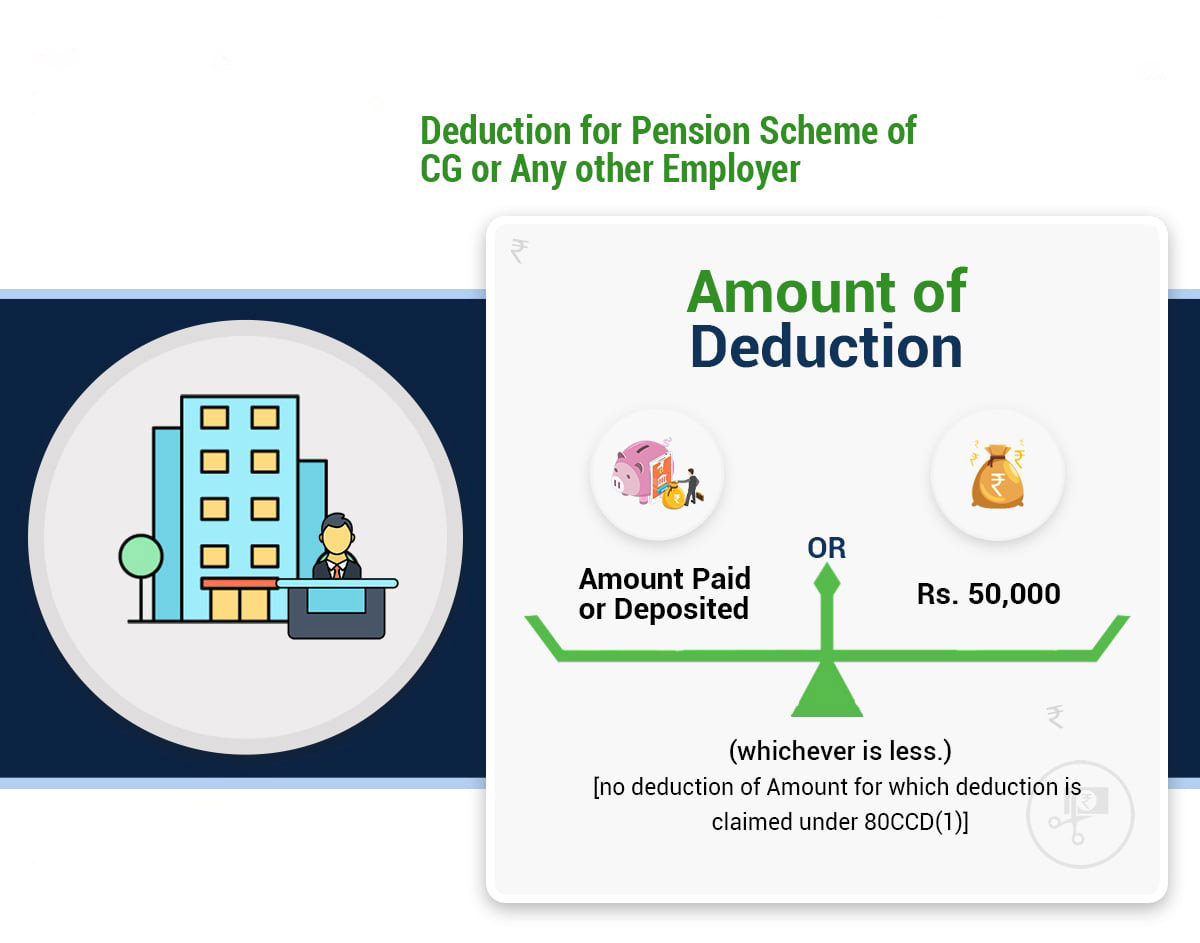Home>Finance>Form 1095-C: Definition, Uses, Tax Filing Requirements


Finance
Form 1095-C: Definition, Uses, Tax Filing Requirements
Published: November 27, 2023
Learn about Form 1095-C, its definition, uses, and tax filing requirements in finance. Understand how this form impacts your tax obligations and filing process.
(Many of the links in this article redirect to a specific reviewed product. Your purchase of these products through affiliate links helps to generate commission for LiveWell, at no extra cost. Learn more)
Form 1095-C: Definition, Uses, and Tax Filing Requirements
Welcome to our Finance category blog post, where we dive into topics that can help you navigate the complex world of personal finance. In this post, we’ll be discussing Form 1095-C. What is it? How is it used? And what are the tax filing requirements associated with it? Let’s find out!
Key Takeaways:
- Form 1095-C is a tax form that is used to report information about employer-provided health insurance coverage to the Internal Revenue Service (IRS).
- It is primarily used by applicable large employers (ALEs) to document the health insurance coverage they offer to their full-time employees.
Now, let’s dive a little deeper into Form 1095-C and explore its significance in tax filing.
What is Form 1095-C?
Form 1095-C is an IRS tax form that employers use to provide information about the health insurance coverage they offer to their employees. This form is required for applicable large employers (ALEs), which are those with an average of 50 or more full-time employees, including full-time equivalent employees, during the previous year.
Why is Form 1095-C Important?
Form 1095-C is vital as it helps the IRS enforce the Affordable Care Act (ACA) compliance requirements for employers. Additionally, it assists individuals in providing accurate information when filing their taxes, ensuring compliance with the ACA’s individual mandate.
Tax Filing Requirements
If you are an individual who receives Form 1095-C, it is essential to understand the tax filing requirements associated with it. Here’s what you need to know:
- Keeping it for Reference: Even if you don’t need to file it with your tax return, it’s important to keep Form 1095-C for your records. It provides documentation of your health insurance coverage, which may be required in the future.
- Filing with IRS: In most cases, you do not need to submit Form 1095-C when filing your tax return. Instead, you will simply check a box on your tax return that indicates you had qualifying health insurance coverage throughout the year.
- Exceptions: There are some situations where you may need to include Form 1095-C with your tax return. For example, if you were enrolled in coverage through the Marketplace and received Form 1095-A, you may need to reconcile the premium tax credit.
It is worth noting that the requirements for Form 1095-C can vary, so it is always advisable to consult with a tax professional or refer to the official IRS guidelines to ensure accurate and timely filing.
Wrapping Up
Form 1095-C plays a critical role in documenting employer-provided health insurance coverage for tax filing purposes. Whether you are an employer or an individual, understanding its uses and tax filing requirements is crucial. Remember to keep your Form 1095-C for your records and consult with a tax professional for personalized advice regarding your specific situation.
If you found this post helpful, be sure to check out our other finance-related articles for more valuable insights. Stay tuned for our next post!














